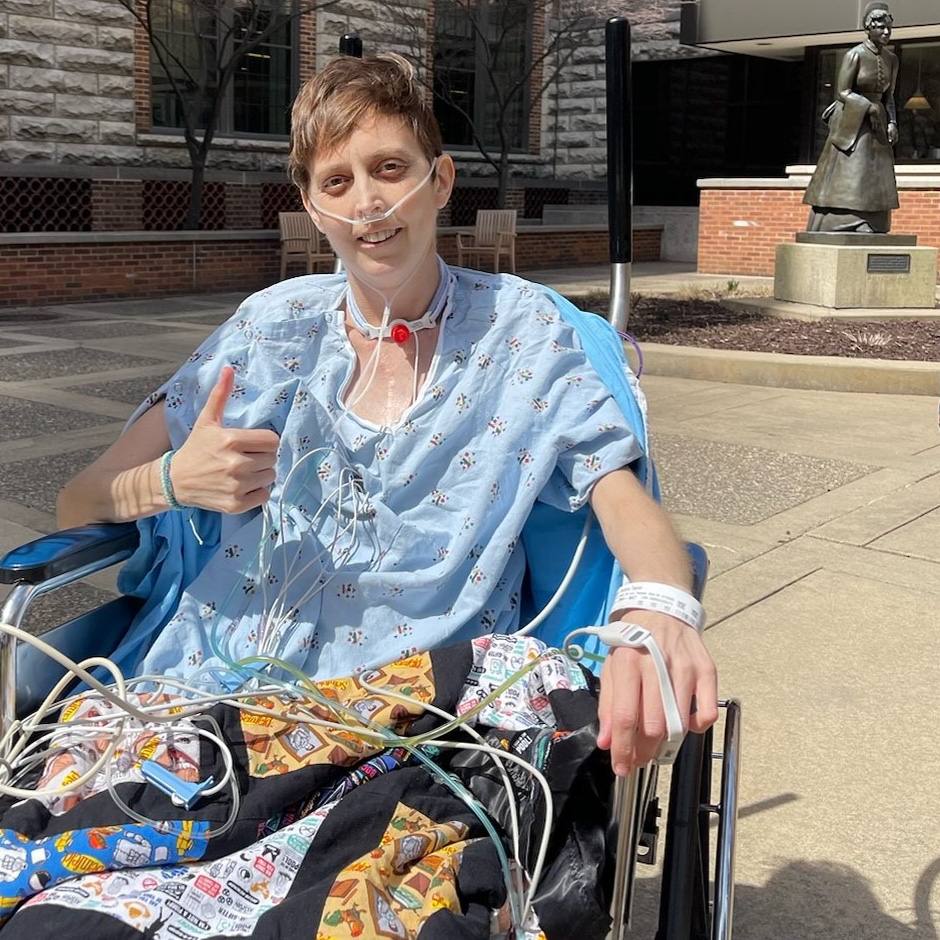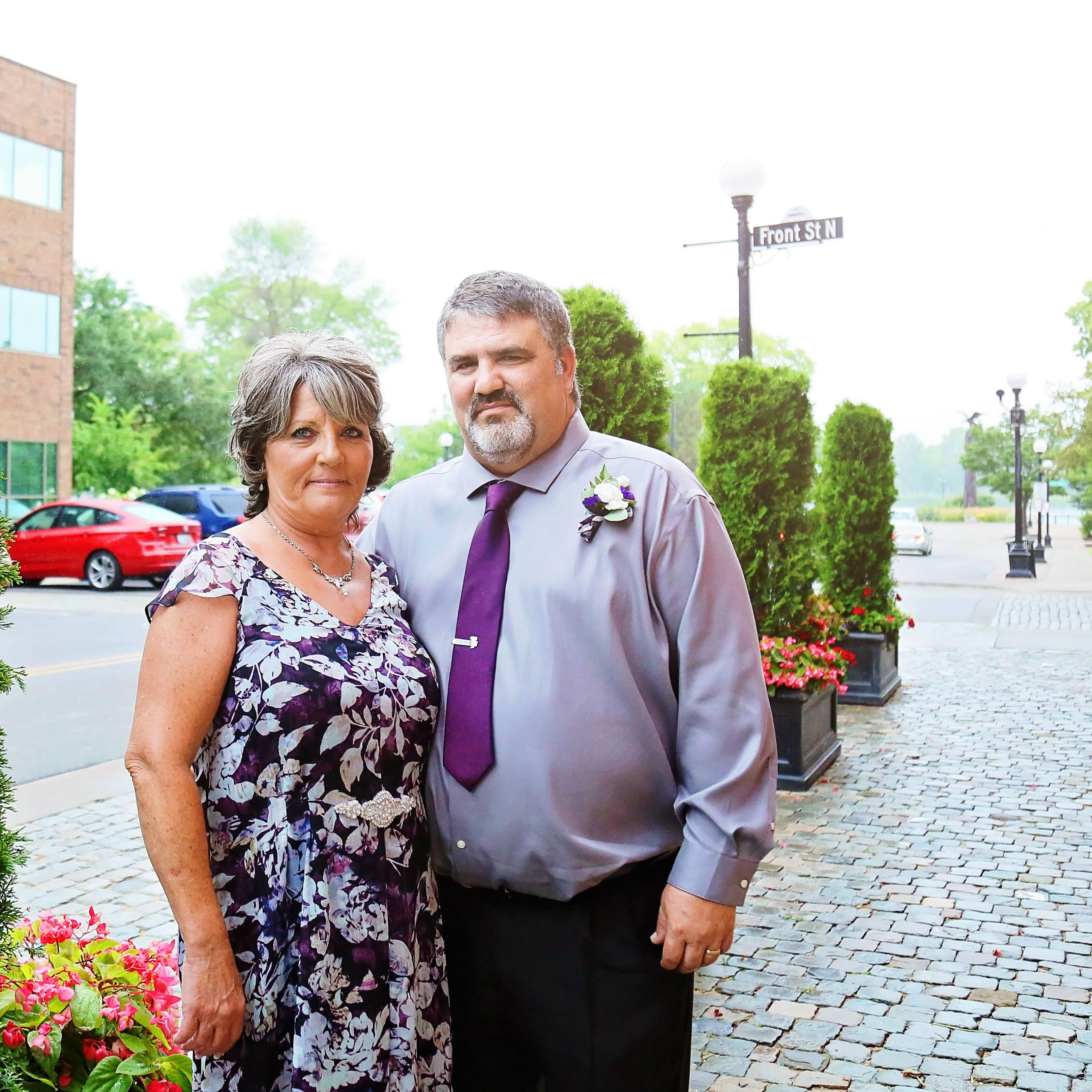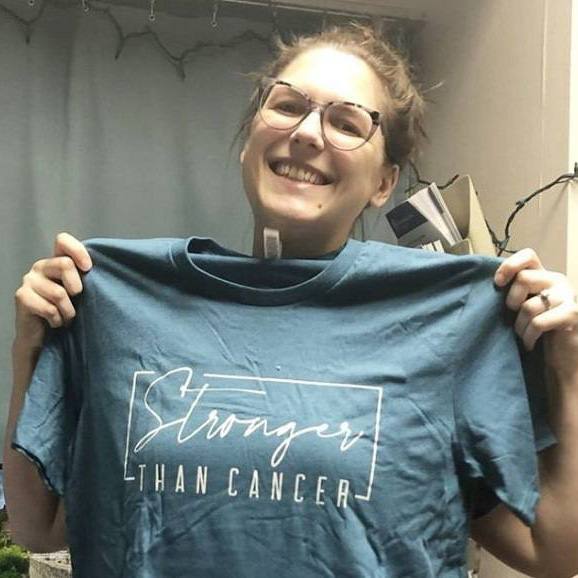A patient in need of transplant touches Dr. Phil Fischer's heart and prompts him to explore living donation. As a result, a patient in need of a kidney lives on, enjoying her grandchildren, golfing and dancing.
The shortage of deceased donor organs has reached a crisis, with almost 120,000 people in need of a lifesaving organ nationwide. More than 3,000 of those people are Mayo Clinic patients. But for kidney, liver and bone marrow transplant patients, living donors can help shorten the wait time.
A recent survey found that nearly half of Americans would consider donating to a complete stranger — a statistic that has more than doubled in the past decade. It is becoming increasingly common for people to donate to family, friends and even strangers, so one of the 120,000 people on the wait list can receive the gift of renewed life.
One such donor is Phil Fischer, M.D., a pediatric and adolescent medicine physician at Mayo Clinic Children’s Center. In this video interview, Dr. Fischer tells how a patient in need of a kidney transplant touched his heart and prompted him to explore anonymous living donation, sometimes referred to as good Samaritan, non-directed or altruistic donation. Dr. Fischer’s selfless act of donation enabled a woman in need of a kidney to live a full life, enjoying her grandchildren and dancing.
Living donation has an impact beyond the recipient. For every transplant recipient who can get an organ from a living donor, there is one less person on the waiting list, thereby giving the remaining people on the list a better chance and more hope of getting a transplant. Today, Mayo Clinic performs about 250 living-donor transplants per year.
Mayo Clinic Transplant Center is working more efficiently to streamline processes and provide lifesaving organs to those in need. There is now an online form for people interested in living donation. The form enables interested donors to provide their information any time via a secure web form that is e-mailed directly to Mayo Clinic’s transplant nurse coordinators. Anyone interested in living donation also can contact the Transplant Center at 1-866-227-1569.
NOTE: In celebration of the 50th anniversary of the first kidney transplant at Mayo Clinic, Sharing Mayo Clinic will be featuring a series of stories about kidney transplant in November. Read Part 1. The first organ transplant at Mayo Clinic, a kidney transplant, took place 50 years ago, in November 1963. Since then, nearly 8,000 kidney transplants have been performed at Mayo Clinic’s campuses in Minnesota, Arizona and Florida. Mayo Clinic transplant teams have used advances in surgical techniques, drugs that suppress rejection and the experience with thousands of patients to change what was once considered a “daring operation” by TIME magazine into a safe procedure with excellent outcomes.
Related Articles







